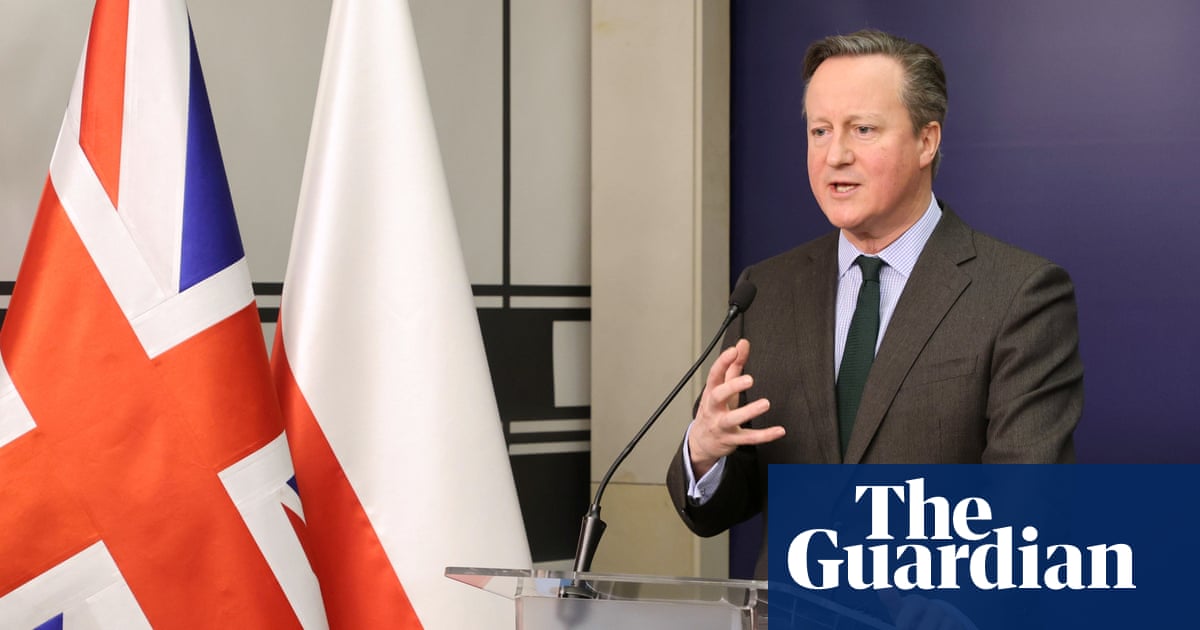
In many ways, it was heartening to see that the G7 summit held in the UK last week went into detail on topics beyond business, trade, investment, strategy, and power. For once, it took up issues that concern people and their well-being: Health, poverty, education, inequality, deforestation, biodiversity, and hunger.
While discussing these matters concerning the day-to-day lives of billions of people is certainly important, unfortunately these leaders have tended to forget such pledges and it is back to business as usual the moment these high-powered summits are over.
These issues have long been a global concern and form part of the UN’s Sustainable Development Goals (SDGs), which were adopted at a special summit in New York in September 2015. The 17 goals cover all areas of development and are supposed to be met by all countries by the year 2030.
However, the battering that the coronavirus pandemic has delivered to the entire world over the past 18 months has caused a huge setback to the world’s efforts to achieve the SDGs, with years of progress written off. Hence, most of the 17 goals and their 221 indicators or sub-targets seem much further away from fulfillment than they did in 2019.
But it would be a fallacy to blame the disruption on the pandemic and say that the world had made a lot of progress toward meeting these goals before the coronavirus disease (COVID-19) tsunami hit. Indeed, UN Secretary-General Antonio Guterres said that, even before the pandemic, SDG progress was not on track. He went further and said that many nations had stalled or were even moving backwards in some areas.
The pandemic has delivered a terrible blow to several of the goals and it seems to have put at least some of them beyond reach, even by 2030. On the SDG tracker, most of the globe appears in deep red, indicating major challenges ahead. Take poverty eradication, for instance: Guterres admits that eradicating poverty by 2030 is out of reach due to the triple threat of COVID-19, conflict and climate change.
On zero hunger, too, there have been significant setbacks across the world, with as many as 130 million more people pushed into chronic hunger just last year and malnutrition becoming a severe challenge in many countries, especially in the developing world.
However, it might be in progress toward SDG 3 — health and well-being — where the world has seen the worst setbacks due to the pandemic. In April, Guterres noted that essential health services had been disrupted in 90 percent of countries, affecting programs aimed at treating or preventing diseases such as tuberculosis, HIV and hepatitis B and C.
In addressing inequality, many countries have been pushed back by a decade due to the pandemic. This is an all-pervasive problem that has been accentuated even further as, in 2020, while global stock markets boomed, the income of a vast majority of the people in the world took a significant beating.
Similarly, many international bodies working in education are already calling the pandemic’s impact on that sector as being a generational catastrophe.
Unfortunately, the report card reads no better for practically all other elements of human development, from gender equality to access to safe drinking water and sanitation. Even in terms of the goals that are not so much linked to humanity but to the planet, such as biodiversity, overfishing, deforestation or carbon emissions, the progress has been tardy or just not there, with or without the pandemic.
Thus, six years after the SDGs were agreed and nine years before their deadline, the report card reads like a catastrophic and collective defeat of humankind’s efforts to achieve progress that is crucial not just for one country or region, but the entire world. And it is also not just for humans, but for every form of life on Earth.
On biodiversity conservation, the preservation of forests, and climate change, instead of progress or the construction of a greener and more sustainable world, there has been widespread and large-scale destruction. Carbon emissions are at their highest level ever, despite more than adequate evidence of its link to climate change; forests are being destroyed across the world by human actions, as well as forest fires; and significant, irreparable losses in biodiversity and marine resources are taking place due to overfishing and pollution.
It would be a fallacy to say that the world had made a lot of progress toward these goals before the pandemic hit.
Ranvir S. Nayar
The world has a narrow window of less than 18 months to make radical changes in its approach. Governments need to make big readjustments in their policies and start spending in a big way on the social sector to try and bridge the gaps that remain.
It is here that the G7 leaders can play a crucial role. Without them taking action, the SDGs will be consigned to the waste bin of humanity as yet another pledge that was never honored. Like never before, the world as a whole needs finance, technology and know-how to address many of the challenges that separate it from the SDGs. All these elements are available in the developed world, but the need is greatest in developing countries.
Hence, now is the moment for US President Joe Biden and his fellow G7 leaders to make good on their pledges and commitments to the various issues ailing the world. If they deliver on their promises, it could help humankind take a big leap toward a more equitable, just and sustainable world, with a proper place for nature and all forms of life.
However, if they fail to come through once again, the world will see a repeat performance of the fate of the 10 UN Millennium Development Goals, which were adopted in September 2000 for fulfillment by 2015. When it became evident that the world was nowhere near meeting these goals, global leaders rebranded them as the SDGs and gave themselves another 15 years.
If they fail again, the loss would not just be theirs or humanity’s; it would be a loss for the planet and the biosphere. Unlike in 2015, the world will not get another opportunity to repackage these goals and hope for more time. There is no more time left.
Ranvir S. Nayar is managing editor of Media India Group, a global platform based in Europe and India, which encompasses publishing, communication, and consultation services.
Disclaimer: Views expressed by writers in this section are their own and do not necessarily reflect Arab News" point-of-view












